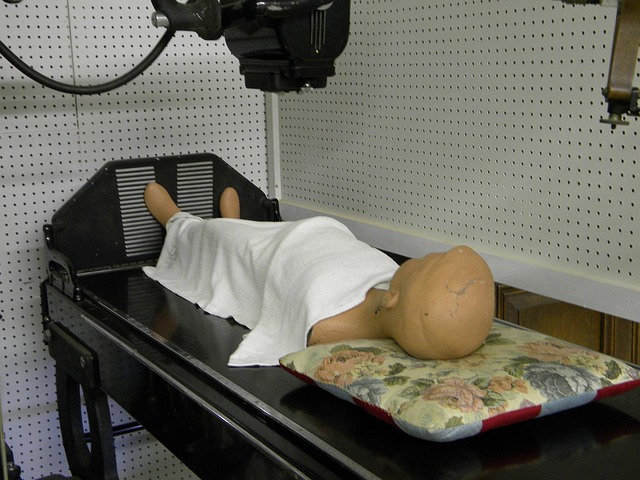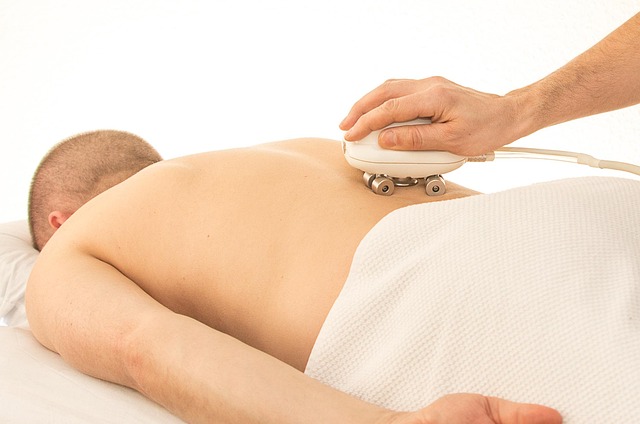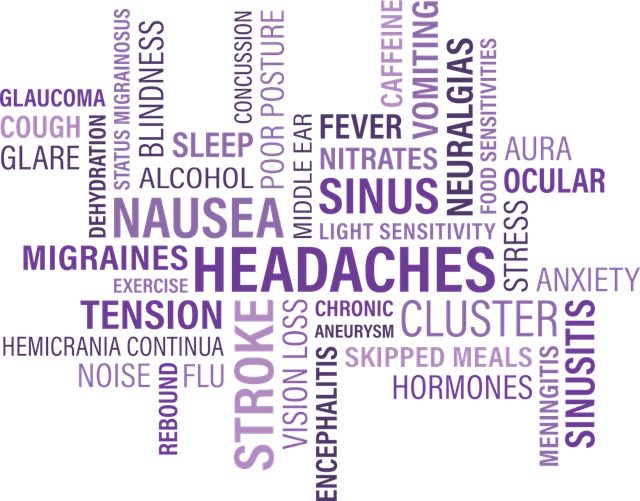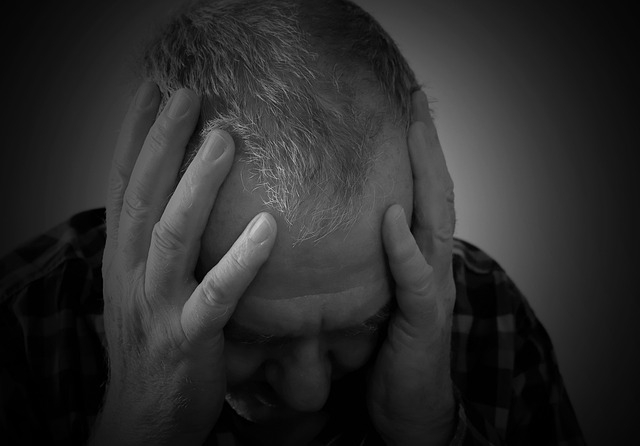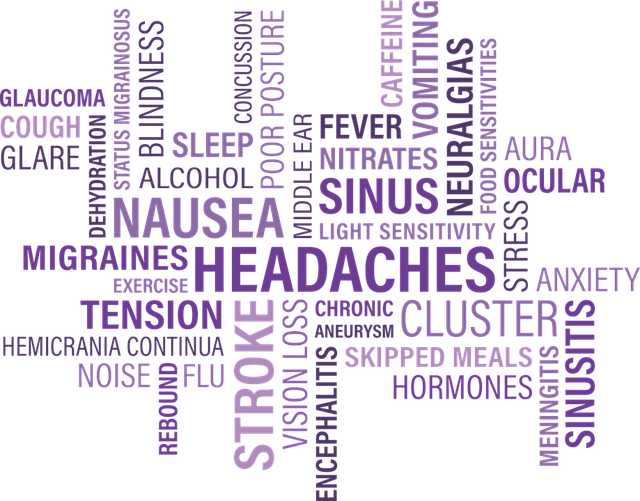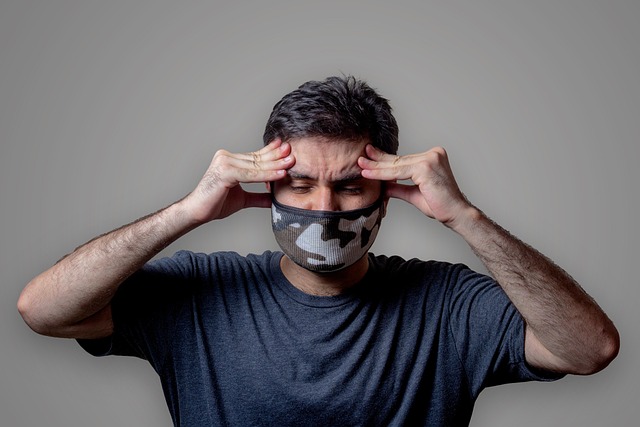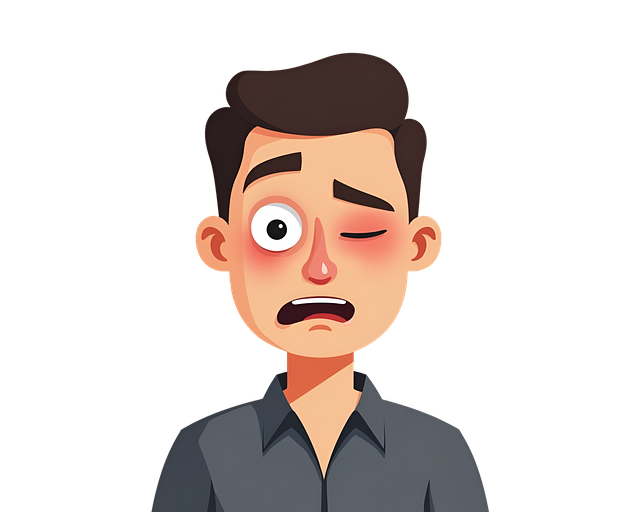Auto accidents frequently cause chronic headaches (migraines) due to structural damage. Chiropractors offer non-invasive treatments, such as spinal manipulation and targeted exercises, to restore alignment, reduce nerve irritation, and improve blood flow, providing significant relief from post-traumatic cephalalgia. They may also incorporate heat/ice therapy, electrical stimulation, and relaxation techniques. These strategies effectively manage symptoms without medication, addressing both the headache and underlying musculoskeletal issues after a car accident.
After a car crash, chronic headaches and migraines can persist, impacting daily life. This article explores effective management strategies for post-collision auto accident headache and migraine treatments by chiropractors. We delve into understanding the unique causes and symptoms of these injuries, highlighting the role of chiropractors in offering non-invasive solutions. Additionally, we provide valuable post-collision care and recovery tips to help navigate the road to relief and restore your well-being.
- Understanding Auto Accident Headaches and Migraines
- Chiropractor-Assisted Management Strategies
- Post-Collision Care and Recovery Tips
Understanding Auto Accident Headaches and Migraines
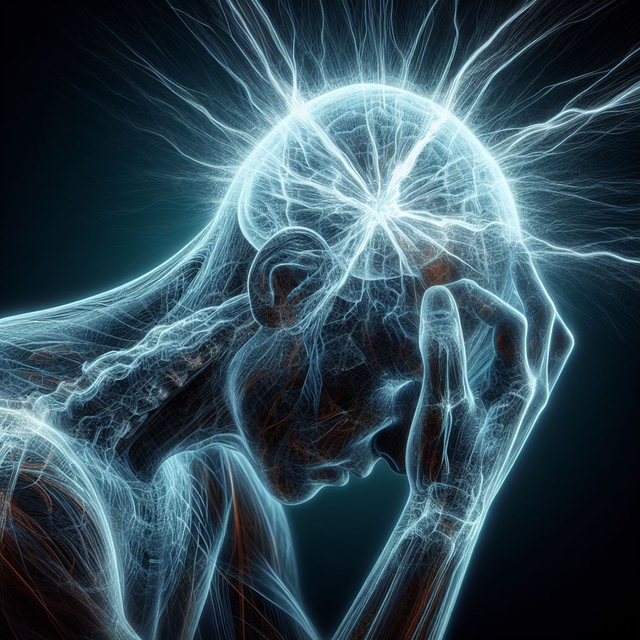
Auto accidents can trigger chronic headaches and migraines, a condition known as post-traumatic cephalalgia. These severe headaches often develop within the first few days or weeks after the collision but may also surface months later. Chiropractors are trained to diagnose and treat auto accident headache and migraine symptoms effectively. They employ various techniques, including spinal manipulation and specific exercises, to alleviate pain and restore proper alignment of the spine, which is crucial in managing these conditions.
Chiropractic care offers a non-invasive approach to treating auto accident headaches and migraines by addressing underlying structural issues. By correcting spinal misalignments, chiropractors can reduce nerve irritation and improve blood flow, providing significant relief for patients suffering from these debilitating symptoms. Moreover, chiropractors often incorporate additional treatments like heat/ice therapy, electrical stimulation, and relaxation techniques into their care plans to further enhance recovery and prevent future episodes.
Chiropractor-Assisted Management Strategies

Many individuals who experience chronic headaches post-auto accident often find relief through chiropractor-assisted management strategies. Chiropractors are trained to address issues related to the musculoskeletal system, including the spine and nervous system, which are closely linked to head and neck pain. One common approach is spinal manipulation or adjustments, where a chiropractor uses controlled force to improve joint mobility and reduce tension in the affected areas. This technique can help alleviate pressure on the nerves that may be contributing to headaches and migraines.
Additionally, chiropractors often incorporate other therapeutic modalities such as heat or ice therapy, electrical stimulation, and relaxation techniques. These treatments work synergistically with adjustments to provide comprehensive care for auto accident headache patients. By addressing not just the symptoms but also the underlying causes of pain, chiropractors can offer effective, non-invasive, and drug-free migraine treatments that have shown promising results in managing chronic headaches post-collision.
Post-Collision Care and Recovery Tips
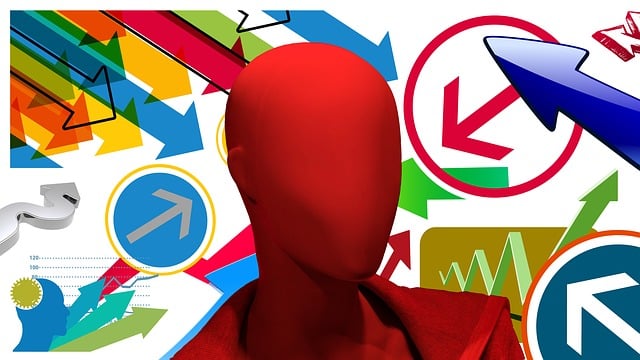
After a car accident, it’s common for individuals to experience headaches, often described as post-traumatic headaches or migraines. Chiropractors play a vital role in providing auto accident headache and migraine treatments. They offer specialized care tailored to address the unique challenges of these types of head pain. Chiropractic adjustments can help alleviate tension and improve blood flow to the brain, which is especially beneficial for chronic headaches stemming from whiplash or other collision-related injuries.
During recovery, it’s essential to prioritize rest, hydration, and proper nutrition. Maintaining a consistent sleep schedule and engaging in gentle exercises approved by your chiropractor can significantly contribute to symptom relief. Additionally, stress management techniques like meditation or yoga may help prevent triggers associated with migraines. Remember, seeking timely chiropractic care post-collision is crucial for managing headaches effectively and ensuring a smoother recovery journey.
After a car collision, chronic headaches and migraines can significantly impact an individual’s quality of life. Chiropractors offer effective treatments for these post-collision symptoms, focusing on natural, non-invasive methods to manage pain and promote recovery. By combining tailored adjustments, relaxation techniques, and educational guidance, chiropractors assist patients in navigating their journey towards relief and a return to normal activities, ensuring a more comfortable and faster recovery process for auto accident headache and migraine sufferers.

